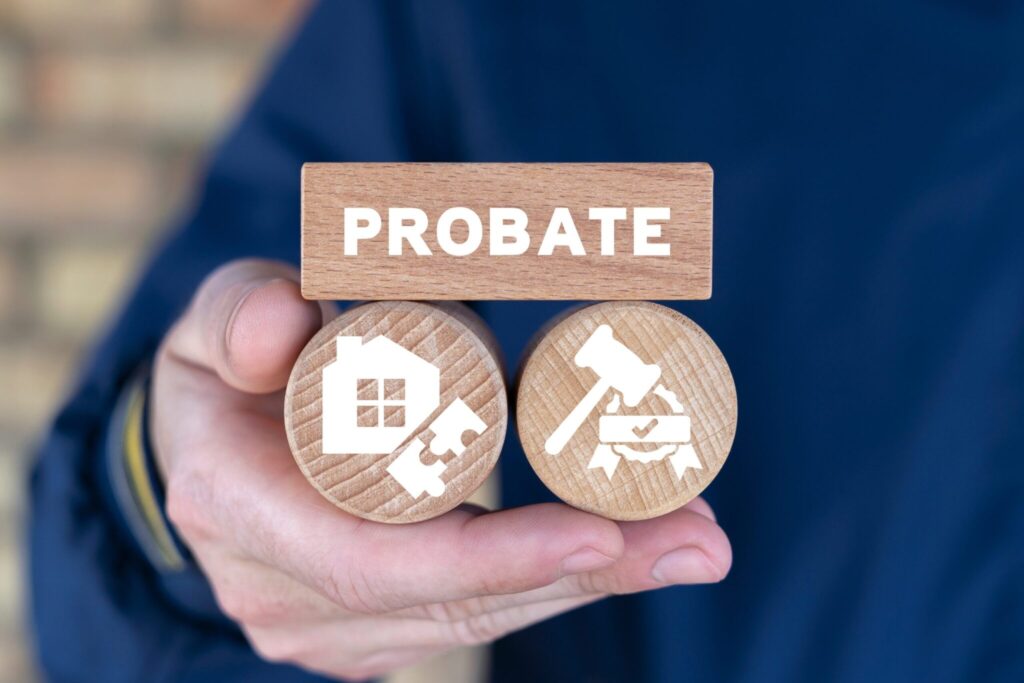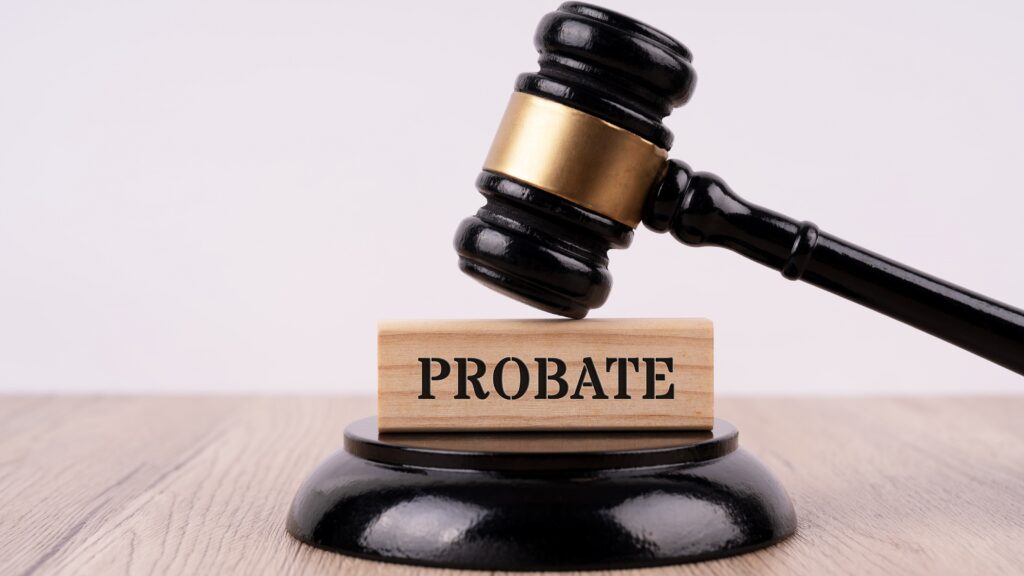Understanding the Probate Process for Small Estates in Texas
The probate process for small estates in Texas is designed to simplify the legal proceedings for individuals who have a modest amount of assets. In Texas, estates valued under a certain threshold can often bypass the lengthy probate process, allowing for a more efficient transfer of assets to beneficiaries.
Under Texas law, small estates may qualify for a simplified process called "affidavit of heirship." This method can expedite the distribution of property without the need for formal court proceedings. It's essential for heirs to understand the criteria for small estate eligibility to take advantage of this streamlined process.
Common Misconceptions About Texas Probate Law
Many individuals harbor misconceptions about probate law in Texas, often leading to confusion and anxiety during the estate settlement process. A prevalent myth is that all estates must go through probate; however, this is not true for small estates or those held in trust.
Understanding these misconceptions is crucial for effective estate planning. For instance, some believe that probate is always a lengthy and costly process, but with proper preparation and legal guidance, it can be managed efficiently, minimizing both time and expenses.
Executor Responsibilities: What You Need to Know
The role of an executor is pivotal in the probate process, as they are responsible for managing the deceased's estate. This includes settling debts, distributing assets, and ensuring compliance with legal requirements. Executors must be prepared to navigate various tasks that can be both time-consuming and emotionally challenging.
Executors in Texas are also required to file specific documents with the probate court, including an inventory of the estate's assets. Understanding these responsibilities helps ensure that the executor can fulfill their duties effectively, maintaining transparency and accountability throughout the probate process.
Strategies for Avoiding Probate in Texas
Many individuals seek to avoid probate altogether due to its potential complexities and costs. There are several strategies available to Texans, such as establishing living trusts, designating beneficiaries on accounts, and using joint ownership arrangements.
Implementing these strategies not only simplifies the transfer of assets but also ensures that your wishes are honored without the delays associated with probate. It’s advisable to consult with an estate planning attorney to explore the best options tailored to your specific circumstances.
Understanding the Probate Process for Small Estates in Texas
The probate process for small estates in Texas is designed to simplify the legal proceedings for individuals who have a modest amount of assets. In Texas, estates valued under a certain threshold can often bypass the lengthy probate process, allowing for a more efficient transfer of assets to beneficiaries.
Under Texas law, small estates may qualify for a simplified process called "affidavit of heirship." This method can expedite the distribution of property without the need for formal court proceedings. It's essential for heirs to understand the criteria for small estate eligibility to take advantage of this streamlined process.
Common Misconceptions About Texas Probate Law
Many individuals harbor misconceptions about probate law in Texas, often leading to confusion and anxiety during the estate settlement process. A prevalent myth is that all estates must go through probate; however, this is not true for small estates or those held in trust.
Understanding these misconceptions is crucial for effective estate planning. For instance, some believe that probate is always a lengthy and costly process, but with proper preparation and legal guidance, it can be managed efficiently, minimizing both time and expenses.
Executor Responsibilities: What You Need to Know
The role of an executor is pivotal in the probate process, as they are responsible for managing the deceased's estate. This includes settling debts, distributing assets, and ensuring compliance with legal requirements. Executors must be prepared to navigate various tasks that can be both time-consuming and emotionally challenging.
Executors in Texas are also required to file specific documents with the probate court, including an inventory of the estate's assets. Understanding these responsibilities helps ensure that the executor can fulfill their duties effectively, maintaining transparency and accountability throughout the probate process.
Strategies for Avoiding Probate in Texas
Many individuals seek to avoid probate altogether due to its potential complexities and costs. There are several strategies available to Texans, such as establishing living trusts, designating beneficiaries on accounts, and using joint ownership arrangements.
Implementing these strategies not only simplifies the transfer of assets but also ensures that your wishes are honored without the delays associated with probate. It’s advisable to consult with an estate planning attorney to explore the best options tailored to your specific circumstances.










